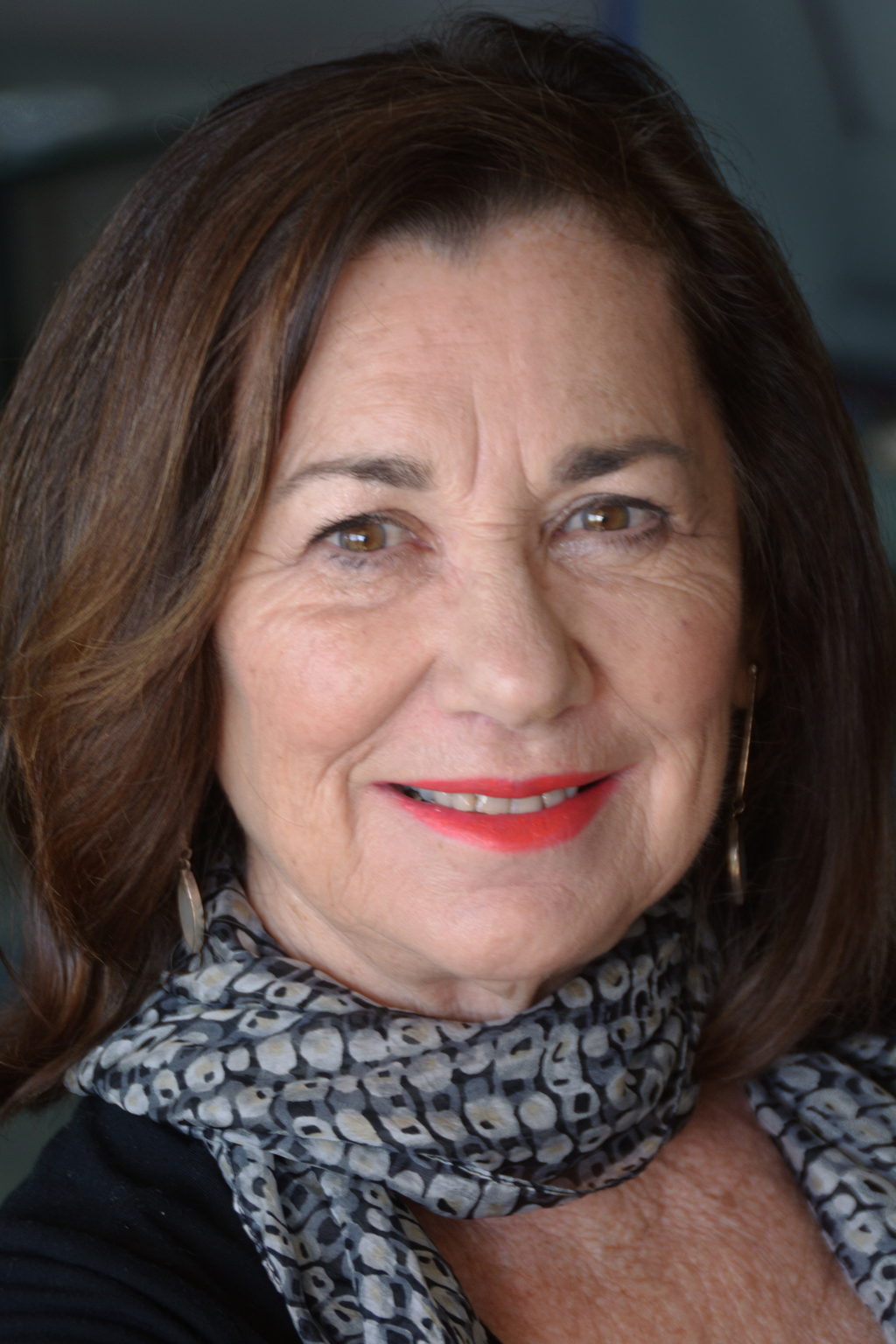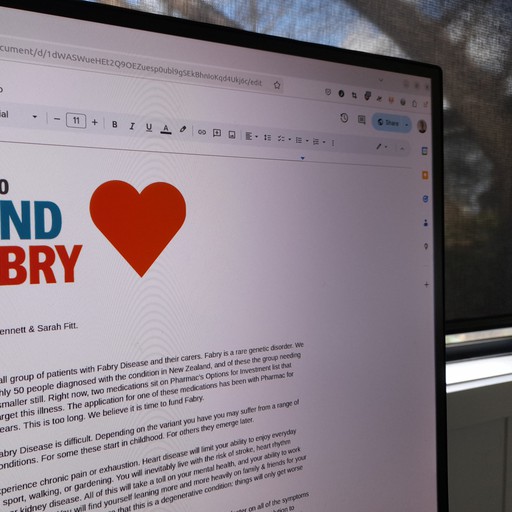Liz's story - the impact on my family
Sun July 28th 2024
When my late brother Graeme was diagnosed with Fabry Disease shortly before his death thirteen years ago, I didn't take his advice to be tested seriously. After all my brother carried a too much weight, followed a bad diet and, as a journalist, had embraced the adrenaline-laced stress of deadlines for decades.
I had reached 60 years of age with no apparent symptoms beyond blood pressure, for which I had been on medication since my early 40s. I considered this as a normal part of growing older. Overall I felt well, was careful with my diet and exercised. I felt a little bit of an imposter as I didn’t seem to have the awful symptoms so many with Fabry experience. My response to this diagnosis happened to coincide with redundancy, was one of shock, perhaps guilt and feeling alone. My general practitioner at the time told me that as a woman, I was only a carrier, and my sons were likely to be more affected simply because they were male.
My three sons all have Fabry. As a result of an incident within weeks of his diagnosis and death at age 58, my oldest son in Australia displayed heart-related symptoms and his diagnosis of Fabry Disease was a wake-up call to the whole family. (I was not aware of them manifesting any symptoms in childhood and ours is the classic late-onset mutation). However at 38 years of age my oldest son got a pacemaker and went onto Enzyme Replacement Therapy (ERT); his brother here got a ICD at 43, (ERT and Migalastat not available to him here in New Zealand), while the youngest son, again in Australia, commenced ERT and is now on the oral medicine, Migalastat, (fortunately no pacemaker yet).
I find it frustrating to explain the disease, especially to medical staff when I have ended up in hospital. I have learnt to be my own advocate and when I see a doctor googling the disease I ask them, “What do you want to know about Fabry Disease?” I always say to people with a rare disorder, that they are the specialist of their disease. I carry a little card with my phone from Fabry Australia which is a simple but excellent source of reference.
I also have a pacemaker. For me my heart disease is likely genetic but not necessary due to Fabry. Day to day I feel well, take my many medications and my life is impacted very little by Fabry, beyond bouts of fatigue now and then for which there is always likely to be another explanation. Fabry has not hindered my love of travel beyond no insurance company wanting to touch me! I am more concerned for my sons, all in the prime of their life but impacted more gravely by this disease. Two of them are fortunate living in Australia where treatment is available to them, whereas I feel incensed by the inequitable situation here of what is available to my son here compared to his brothers across the ditch.



